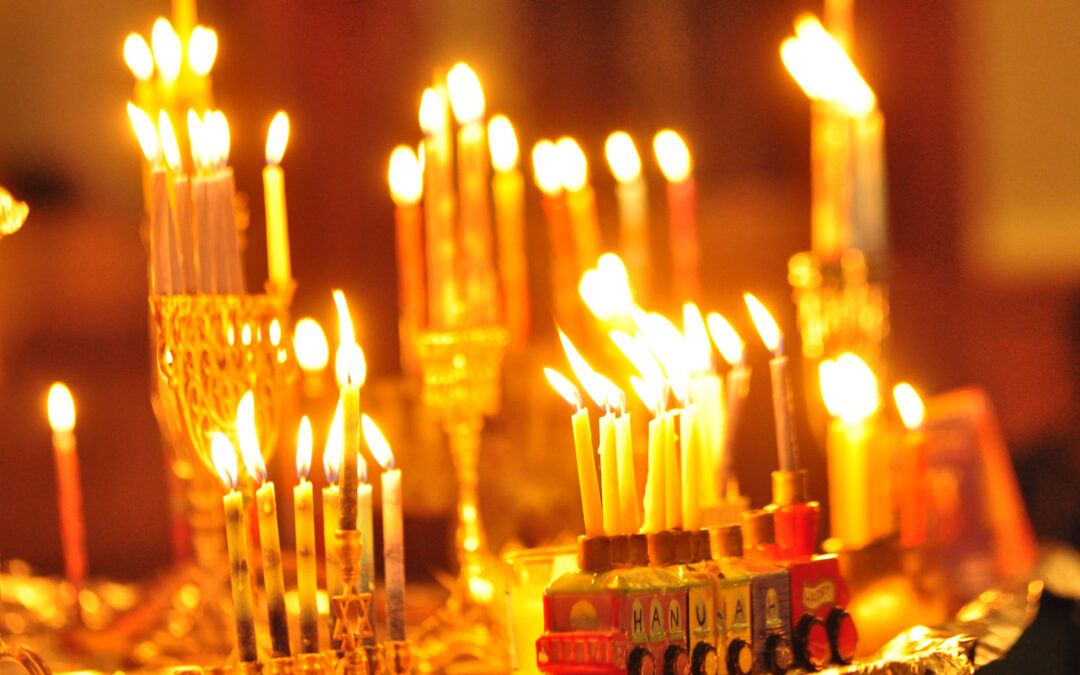Photo: publicdomainpictures.net
The Eshet Hayil In Our Lives
An email from My Jewish Learning about “A Woman of Valor” prompted me to pivot the next evening’s planned adult learning session to looking at these 22 verses from Mishlei, the Book of Proverbs. These verses comprise a song called Eshet Chayil, and for generations it has been sung at Shabbat dinner in traditional Jewish households as a husband’s praise of his “worthy wife,” a woman of strength and fortitude, whose worth is far beyond that of rubies or pearls.
Mention this to a group of Jewish women and you get a variety of responses; from, “I left explicit instructions that this notbe read at my funeral” to “I love it when my husband reads this to me on Friday night, that day I feel like a queen.”
Just reading this 22-verse acrostic exhausts me, although I do love the references to fiber arts, especially spinning yarn! Can any mere mortal really be this person? Is a woman’s worth really tied to the context of her family and what she does for them? Perhaps, but can you imagine seeing that on a J-Date profile?
There are plenty of commentaries looking at these verses in the context of the rest of the book of Proverbs, and they can certainly seem out of place. In a writing that spends most of its time telling (presumably) men how to behave in the world, extolling the virtues of a woman, especially in martial (not marital!) language, rightly brings up questions. The word hayil, translated here as “valor,” “fortitude” or “worth,” also means “strong,” and “soldier.” To this point, when the latest “Wonder Woman” movie came to Israel, Eshet Hayil was the title.
In presenting this for our adult learning, my purpose wasn’t to change anyone’s mind; to move someone to a warmer, fuzzier understanding, but to engage with a sacred text that often evokes a visceral reaction.
Whether we aspire to emulate, or can possibly live up to, the qualities in these verses is a good question, but I think there’s a more important reason that they end Mishlei. If we look at 31:1-9, we see a Queen Mother giving advice to and admonishing her son, King Lemuel. The verses that follow–31:10-31–could be his eulogy for her. As this essay by Wendy Zierler notes, “One way to read the Eshet Hayil, poem, then, is as King Lemuel’s eulogy for his valorous and wise mother, bearing in mind the genre of the eulogy, which often includes hyperbole and sacralizing of the lost loved one.”
I can see that, the Eshet Hayil has guided her son through life, and now he “rise[s] and call[s] her happy.” (31:28)
We who have the benefit of engaging with this text now have a lesson: Don’t wait until it’s too late.










0 Comments